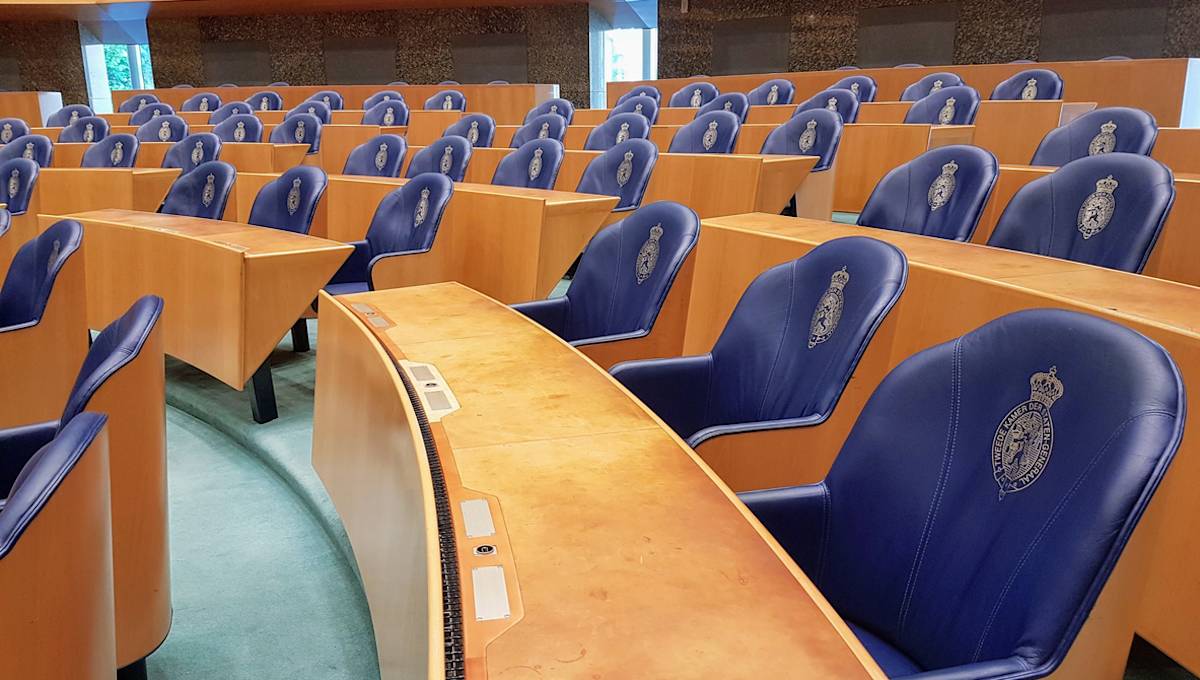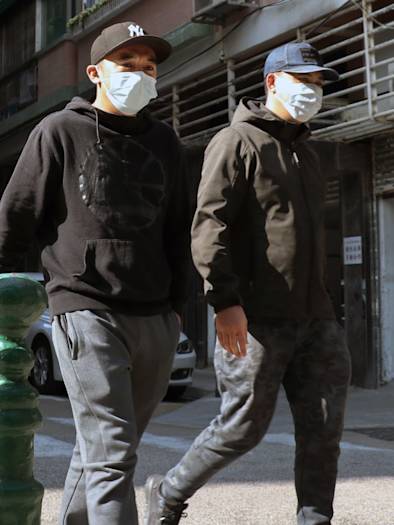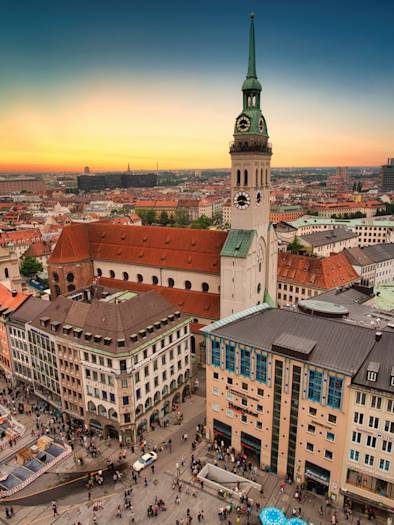
Far-right Dutch election winner: friend or foe to Brussels?
A political landslide swept over the Netherlands in less than a week. Although the latest election polls showed that the far-right PVV (Partij voor de Vrijheid) had caught up with frontrunners liberal VVD (Volkspartij voor Vrijheid en Democratie) and socialist-green PvdA/GL (Partij van de Arbeid / GroenLinks), the victory of Geert Wilders’ party exceeded all expectations.
The hangover
The country is still recovering. The parliamentary election that took place on Wednesday last week resulted in PVV getting 37 seats out of 150, thus being by far the largest party in the Dutch Lower House. The second party is the PvdA/GL (25), led by former EU Commissioner Frans Timmermans, followed by the VVD with 24 seats and centre-right NSC (Nieuw Sociaal Contract) with 20 seats.
Looking at the results, two options for forming a coalition lie ahead. PVV could either seek a right-wing majority coalition with VVD, centre-right NSC and farmers’ party BBB (BoerBurgerBeweging), doing justice to the over two million Dutch voters who would support a coalition with PVV.
Still, if coalition talks between right-wing parties fail, a center-left cabinet is possible – but it wouldn’t be straightforward. Led by left-wing PvdA/GL and including D66 (Democraten 66), VVD and NSC, such a coalition would exclude PVV and require difficult compromises on often opposite positions on key themes such as climate, energy and taxes.
The EU, according to Wilders
The Dutch electoral campaign revolved around the key themes of immigration, cost of living and climate change – yet, Wilders made sure to use the EU as a scapegoat for many of the country’s issues.
As migrant numbers continue to rise across the EU, marked by the biggest surge in asylum seekers since the 2015-2016 migrant crisis, migration was meant to be a key topic for PVV. Wilders called for a complete asylum freeze, a more restrictive immigration policy, for pulling out of UN conventions, and for rewriting EU treaties to give the Netherlands an opt-out when it comes to asylum policy.
With regards to climate change, PVV believes that “the hysterical reduction of CO2” is unnecessary and a total waste of money, and as such it should be stopped. Wilders wants to tear up the Dutch Climate Act that enshrines the country’s climate targets in law, and also wants to withdraw its commitment from the Paris Agreement – a bold statement for a country below sea level that’s historically at risk of flooding.
Nexit was also on the menu: the PVV’s campaign programme stated that the Netherlands should be “sovereign”. “Intensive cooperation between countries does not need a political Union like the EU,” according to Wilders. A binding referendum on the country leaving the EU could be a possibility.
If it were up to the PVV, less money would go to the EU and the EU would not gain any new member states. Wilders’ party sides with Ukraine in the war, but wants the Netherlands to stop supplying money and weapons to President Zelenskyy.
Yet, having made strongly anti-EU comments in the past, Wilders moderated his tones during the election campaign as he sought to get his party into government. He will have to collaborate with pro-EU parties to form a coalition and strike the right balance between following up on his critique of the EU’s migration and climate policies while ensuring that the Netherlands’ trading interests in the single market and adherence to the euro remain intact.
But even if Dutch voters aren’t swayed to emulate the British exit from the EU and if Wilders eventually waters down its Euroscepticism, there are clear signs that a PVV-led government in The Hague would pose significant challenges for Brussels, following a broader European trend of solid scores for the radical-right wing. In neighboring Belgium, for instance, far-right Vlaams Belang is indicated as the biggest party according to polls six months ahead the federal elections in June 2024. In France, Rassemblement National leader Marine Le Pen is given as certain to pass the first round of the 2027 presidential elections.
What’s next?
Since the first exit polls were announced, Dutch center-right parties – including VVD and NSC – have not ruled out forming a coalition with Wilders. Still, while his victory sharpens the appetite of EU nationalists to see a return to national identities, the possibility of Wilders leading the country, or even entering government, remains a complex issue.
The government formation process is expected to be lengthy and uncertain, as challenges in securing a majority coalition may end in a deadlock. Positions and perspectives of different parties could undergo changes throughout the negotiations, especially as various coalition combinations are explored.
What’s certain is that Europe is increasingly coloring right-wing, and these winds of change have the potential to influence the makeup of the new European Parliament that is set to be elected next spring.







